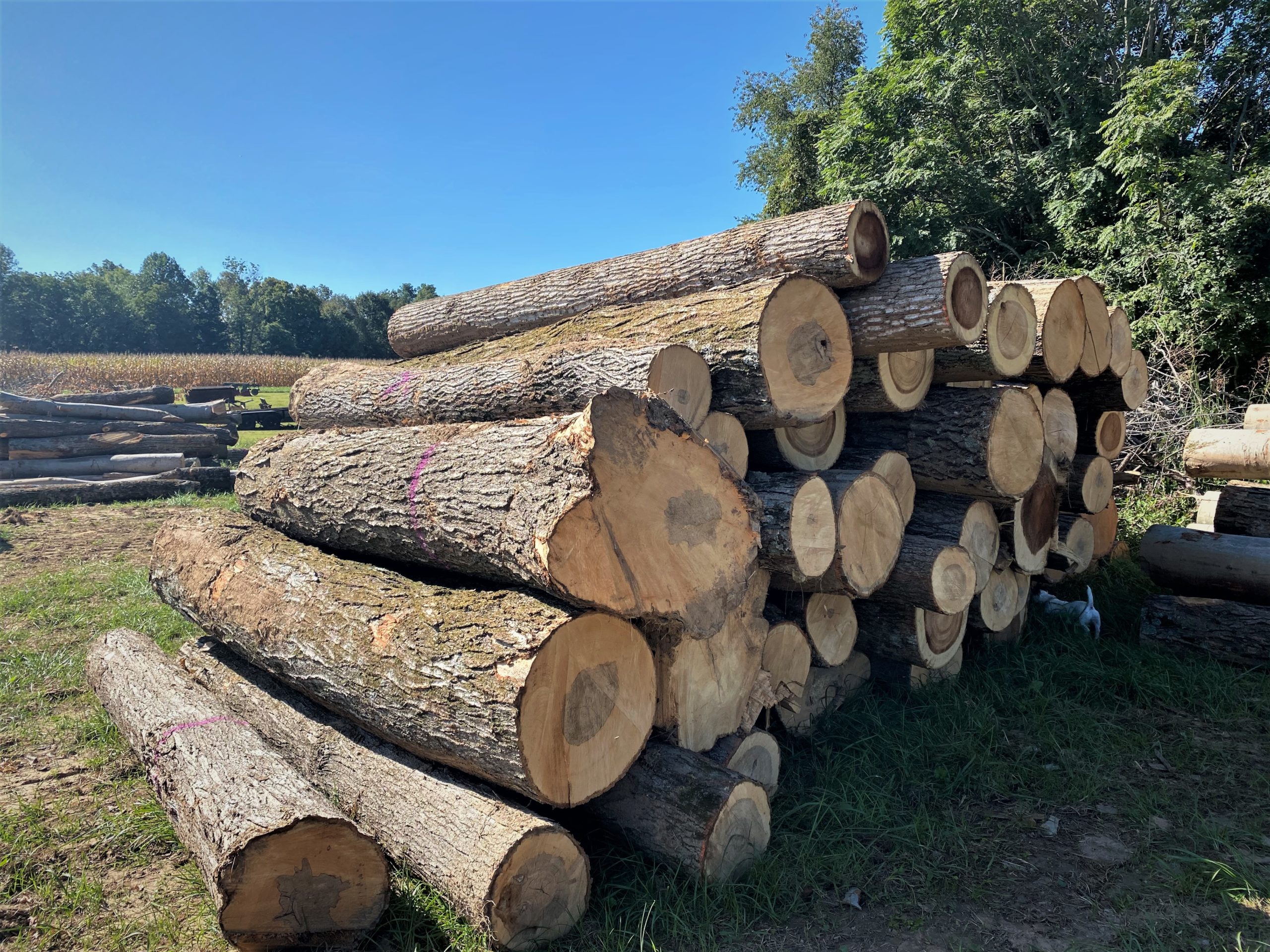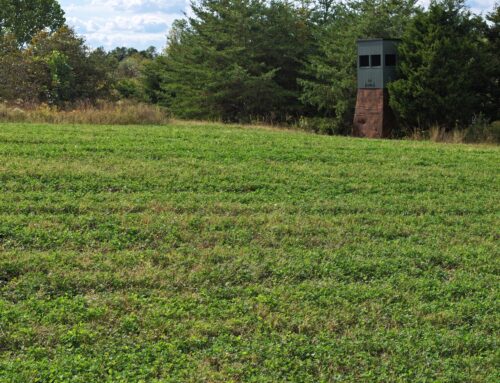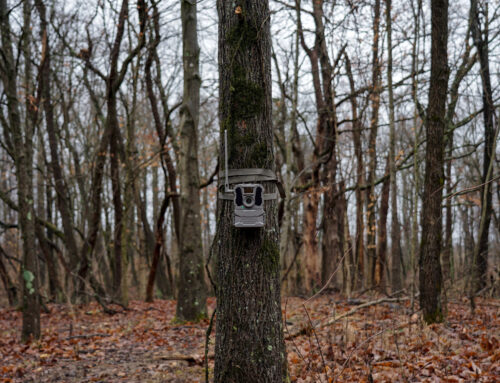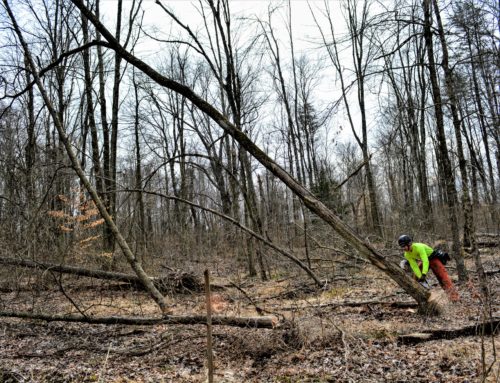The Benefits of Sustainably Harvesting Timber
Timber harvesting is a vital forestry practice that supports ecological balance and biodiversity while meeting a variety of human needs. Harvests, when conducted sustainably, serve to meet current demands for wood products without compromising the ability of future generations to meet their own needs. However, it is crucial to understand how sustainable harvests differ from other harvesting practices. When conducted unethically and unsustainably, harvesting can drastically decrease a forest’s long-term ability to produce desirable timber species as well as negatively impact wildlife habitat. Understanding the concept of sustainable harvests and their benefits can help environmental activists, policy makers, wildlife enthusiasts, hunters, and landowners make informed decisions which align with their conservation goals and economic interests. Here’s a closer look at the key benefits of sustainable timber harvests.
Promotes Native Regeneration
Sustainable harvesting techniques are designed to support the regeneration of non-shade tolerant species such as oaks, hickories, and black walnut. These species often struggle to thrive under dense canopy conditions. By carefully managing timber harvests, we can create openings in the forest canopy that allow sunlight to reach the forest floor, giving these crucial species a better chance to regenerate and flourish.
Enhances Biodiversity
Biodiversity is the backbone of resilient ecosystems. Sustainable timber harvesting promotes a diverse array of plant and animal species. By creating a variety of habitats, across multiple age-classes, and microenvironments within the forest, we can support the growth of different species, from small plants and insects to larger mammals and birds. This biodiversity is essential for ecosystem health, stability, and resilience against pests and diseases.
Creates Early Successional Habitat
Some wildlife species rely on early successional habitats—areas where the forest is in the early stages of regrowth after a disturbance. Sustainable timber harvests create these habitats, providing essential resources for species such as certain birds, deer, and small mammals. These habitats are often rich in forage and cover, crucial for the survival and reproduction of these species.
Improves Forest Health, Productivity, and Value
A well-managed forest is a healthy forest. Sustainable timber harvests can improve the overall health, productivity, and value of the forest. By selectively removing trees, forestry professionals can reduce high stocking levels, minimize the spread of disease, remove over-mature or poor-formed trees, and promote the growth of healthier, more desirable tree species. Selective harvests can also be utilized to manipulate forest stand species composition and age class. Sustainable timber management leads to a more productive forest that can provide high-quality timber long term.
Economic Benefits
Sustainable timber harvesting plays a vital role in the economy. It creates a variety of jobs, from logging and milling to transportation and retail. Additionally, it provides the wood necessary for numerous consumer products, from paper and furniture to construction materials. By supporting local economies and providing essential resources, sustainable timber harvests contribute significantly to economic stability and growth.
Climate Change Mitigation
Forests are critical players in the fight against climate change. They act as carbon sinks, absorbing carbon dioxide from the atmosphere and storing it in biomass and soil. Sustainable timber harvests help maintain healthy forest ecosystems, which are more effective at sequestering carbon. By promoting forest regeneration and health, sustainable practices can help mitigate the impacts of climate change.
Conclusion
Sustainable timber harvesting is a multifaceted approach that offers numerous environmental, economic, and social benefits. By promoting native regeneration, enhancing biodiversity, creating essential habitats, improving forest health, and contributing to the economy, sustainable practices are key to achieving a balanced and prosperous future.
Contact Albert Land Management about our timber marking/harvesting services.
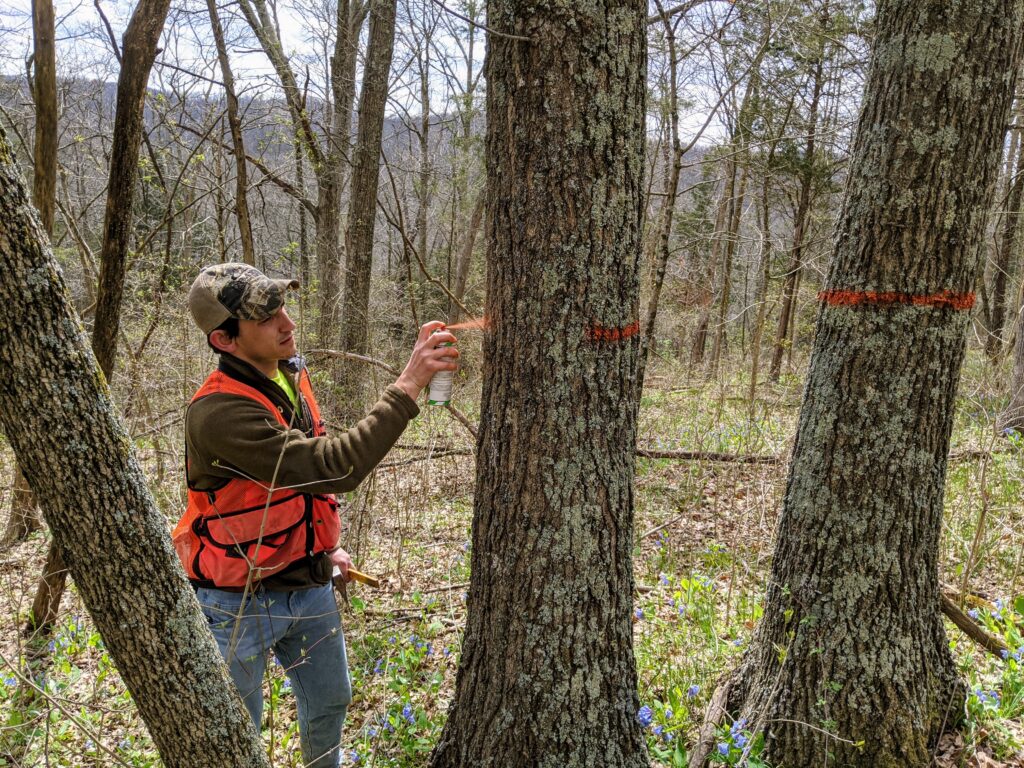
Other sources of information:

